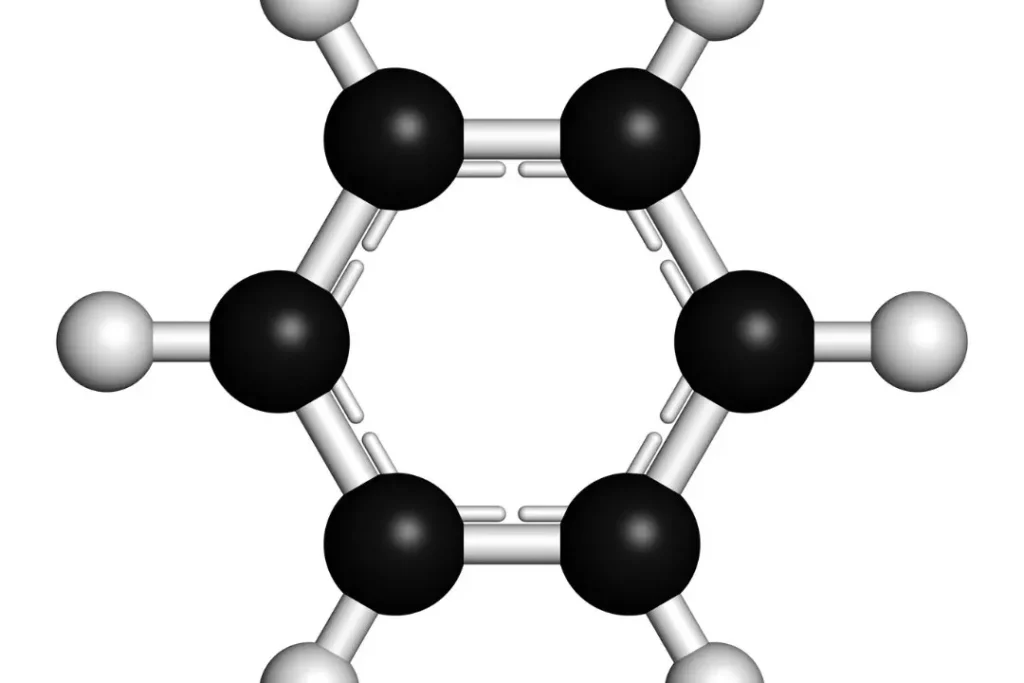Corydalis is a dietary supplement that is gaining traction in the wellness community. This chemical has been recognized in scientific literature for its anti-inflammatory, antioxidant, and neuroprotective effects. Despite its obvious health advantages, optimum and safe use of corydalis necessitates a thorough understanding of its nature, health consequences, ideal dose, side effects, and potential drug interactions.
You May Also Like:
The Best Supplements for Brain Injury: 5 Top Brands Reviewed
Nootopia Brand vs MyPEAK Brand: Best Nootropic Supplements Compared
CORYDALIS: Benefits, Dosage, Side Effects, Drug Interactions, and Other Important Information is an original (NootropicsPlanet) article.
Nature of CORYDALIS
Corydalis is a phenolic chemical, which means that it has a phenol functional group, an aromatic benzene ring with one or more hydroxyl substituents. Corydalis’s antioxidant capabilities are principally due to its capacity to donate hydrogen from its hydroxyl groups, neutralizing free radicals and decreasing oxidative stress.

Health Benefits of CORYDALIS
Corydalis has various documented health advantages, most notably anti-inflammatory and antioxidant properties. Chronic inflammation has been linked to a variety of illnesses, including cancer, heart disease, and neurological disorders. Corydalis is hypothesized to have anti-inflammatory characteristics due to its ability to downregulate pro-inflammatory cytokines such as tumor necrosis factor-alpha (TNF-) and interleukin-6 (IL-6). Corydalis may contribute to a decreased inflammatory response by modulating these biological signals, potentially lowering the risk of illnesses linked with chronic inflammation.
On the other hand, oxidative stress, which is generated by an imbalance between free radical generation and antioxidant defenses, has been linked to a number of chronic illnesses. Corydalis, being a phenolic molecule, has strong antioxidant activity, scavenging free radicals and decreasing oxidative stress. This characteristic can shield cellular structures from damage produced by reactive oxygen species (ROS), potentially lowering the risk of a variety of chronic illnesses.
Corydalis may have neuroprotective characteristics, potentially slowing the course of neurodegenerative illnesses, according to new study. This neuroprotection may be due to corydalis’ anti-inflammatory and antioxidant properties, as inflammation and oxidative stress are both major contributors to neuronal damage in disorders such as Alzheimer’s and Parkinson’s.


Chemistry of CORYDALIS
Corydalis has a phenol functional group, which is essentially an aromatic benzene ring with one or more hydroxyl substituents, as a phenolic chemical. This structure enables corydalis to serve as a hydrogen donor and hence as an antioxidant. The hydroxyl group’s hydrogen atom is easily given to free radicals, neutralizing them and lowering oxidative stress.
Physiological Mechanisms of Action of CORYDALIS
Corydalis aids the body through a variety of processes due to its antioxidant, anti-inflammatory, and neuroprotective qualities.
Corydalis’ antioxidant action is derived from its phenolic structure, which may donate hydrogen atoms to destroy free radicals. Corydalis helps maintain cellular redox equilibrium by serving as a scavenger for reactive species, limiting oxidative damage to cellular components such as proteins, lipids, and DNA.
Several signaling molecules, including cytokines such as TNF- and IL-6, mediate inflammatory reactions in the body. Corydalis has been demonstrated to suppress the production of these pro-inflammatory cytokines, reducing inflammation at the cellular level. This anti-inflammatory activity may aid in the prevention of chronic illnesses associated with chronic inflammation.
Corydalis’ neuroprotective benefits are thought to be the result of its antioxidant and anti-inflammatory properties. Oxidative stress and inflammation are important factors in the evolution of neurodegenerative disorders, which cause neuronal damage. Corydalis may help protect neuronal health and functioning by inhibiting these harmful processes.
Corydalis’ chemistry and physiological processes suggest a complex interplay between molecular interactions and cellular reactions. Understanding these pathways is critical for realizing the full potential of corydalis and guiding its proper usage in boosting human health and well-being.


Optimal Dosage of CORYDALIS
Finding your ideal dose of corydalis takes a few factors into consideration, including your general health state, age, body weight, and the specific health advantages you’re aiming for. To establish the proper dosage, as with any supplement, speak with a healthcare expert. There is no commonly approved dosage for corydalis as of this review; nevertheless, most trials have delivered dosages ranging from 100 to 500 mg per day, exhibiting a favorable safety and effectiveness profile.
Side Effects of CORYDALIS
While corydalis is generally thought to be safe for ingestion, some people may develop negative effects. Among these are gastrointestinal symptoms such as nausea, bloating, and diarrhea. The majority of these adverse effects are dosage-dependent and go away when the dose is lowered or stopped. More study is needed to assess corydalis’ long-term safety and potential negative effects.


Potential Substance Interactions with CORYDALIS
Corydalis may interfere with the metabolism and effectiveness of some drugs. Corydalis, in particular, has the potential to block cytochrome P450 enzymes, which are essential for drug metabolism. This has the potential to modify the pharmacokinetics of drugs processed by these enzymes, potentially leading to increased drug exposure and toxicity. If you are currently using any prescription drugs, check with your healthcare physician before taking corydalis supplements.
Responsible Use of CORYDALIS
Corydalis should be used responsibly, which includes understanding its nature, potential health benefits, adverse effects, and potential medication interactions. It is also critical to follow the recommended dose and to always check with a healthcare practitioner before beginning supplementation, especially for people who have underlying health concerns or are using prescription drugs.
Despite its potential health advantages, corydalis should not be taken as a replacement for a good diet and lifestyle, but rather as a supplement to improve general your well-being. Corydalis is a promising dietary supplement that may provide health advantages due to its anti-inflammatory, antioxidant, and neuroprotective effects. More study is required to understand its mechanisms of action completely and to develop consistent dosing guidelines. Corydalis should be used responsibly, which includes knowing its nature, advantages, side effects, and potential medication interactions, as well as adhering to recommended dosages and maintaining continuing communication with healthcare experts. Corydalis offers potential in complementing your entire health and well-being plan as more in-depth studies continue to arise.
CORYDALIS:
Conclusion
Keeping your brain function at its peak is crucial, and adding corydalis to your health regimen can sharpen neurological processes while aiding in anti-inflammatory efforts. However, it is worth noting if you are taking any daily medications, ongoing corydalis usage may interrupt the effectiveness of the medicine. The best way to consume corydalis to limit side effects is to use the supplement when and if you are not required to take daily medications. Though adverse effects exist, taking a low dosage of corydalis to start should prevent any overwhelming interactions or effects.
References:
- Understanding the role of inflammatory cytokines in diseases and their targeting for treatment. Retrieved from: https://www.nature.com/articles/nri3835
- The significance of the antioxidant properties of phenolic compounds. Retrieved from: https://www.annualreviews.org/doi/full/10.1146/annurev.food.080708.100734
- Cytochrome P450 and drug interactions: Understanding the importance. Retrieved from: https://jamanetwork.com/journals/jama/article-abstract/200885
Important Note: The information contained in this article is for general informational purposes only, and should not be construed as health or medical advice, nor is it intended to diagnose, prevent, treat, or cure any disease or health condition. Before embarking on any diet, fitness regimen, or program of nutritional supplementation, it is advisable to consult your healthcare professional in order to determine its safety and probable efficacy in terms of your individual state of health.
Regarding Nutritional Supplements Or Other Non-Prescription Health Products: If any nutritional supplements or other non-prescription health products are mentioned in the foregoing article, any claims or statements made about them have not been evaluated by the U.S. Food and Drug Administration, and such nutritional supplements or other health products are not intended to diagnose, treat, cure, or prevent any disease.
